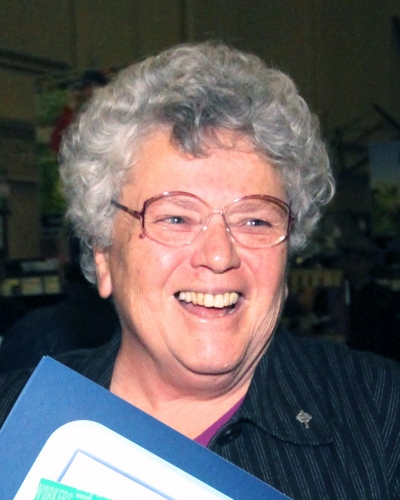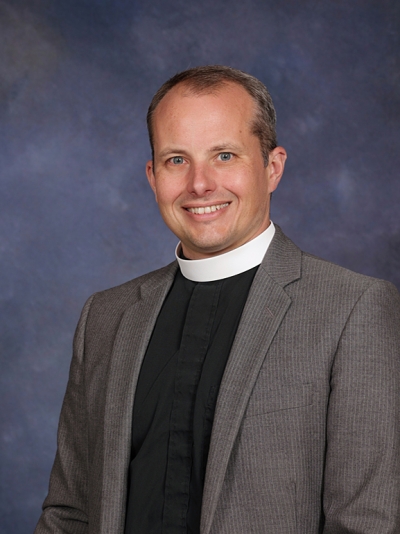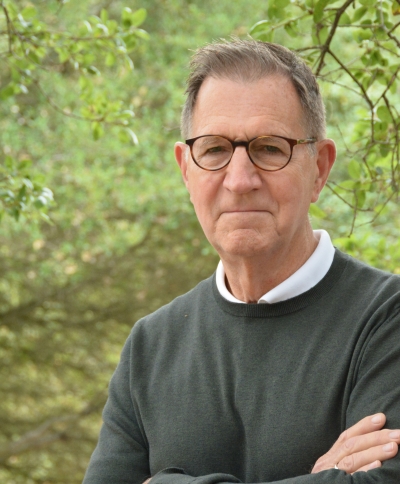Jan 06, 2024 |
Ordination to the Sacred Order of Deacons of Paul Mallatt and Mark Dibelka
| Deacon Phina Borgeson
Ordination to the Sacred Order of Deacons of Paul Mallatt and Mark Dibelka
View PDF -
Ordination to the Sacred Order of Deacons of Paul Mallatt and Mark Dibelka





